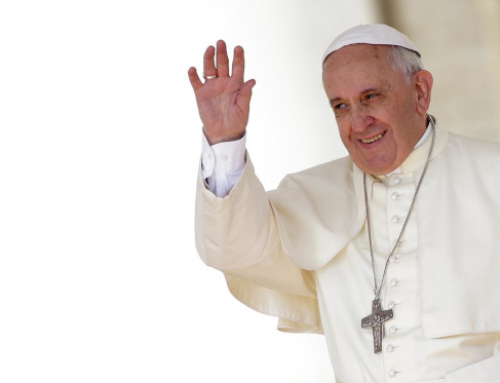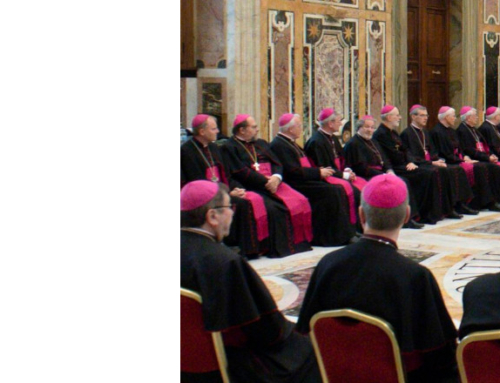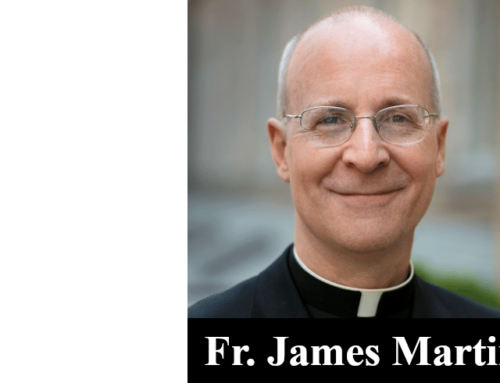Catholic League president Bill Donohue comments on remarks made by Pope Francis on board the papal plane:
Going against the grain, and making the same point made by the Catholic League, Pope Francis cited the progress that the Catholic Church has witnessed in combating sexual abuse, referencing the Pennsylvania grand jury report as evidence.
While noting that “one single priest who abuses a child” is positively “monstrous,” the Holy Father said, “The Church takes an example from Pennsylvania, given the numbers that you see when the Church first became aware of this, and gave it our all in recent times.”
He was referring to the fact that almost all the cases alleged to have happened occurred decades ago, reaching back to World War II. “Then in recent times,” the pope said, “it diminished because the Church noticed that it had to fight in another way.”
“In olden times these things were covered up—but were covered up also in families, when an uncle abused his niece, or a father raped his child; it was covered up because it was a very great shame. That is how people thought in the last century.” He insisted that “An historic fact is interpreted with the hermeneutic of the time in which it took place, not by the hermeneutic of today.”
This last point made by Pope Francis is critically important and is not well appreciated. Indeed, just the opposite is happening: The Church’s most extreme critics—they are found on both the right and the left today—are looking through the narrow lens of 2018, judging, with characteristic arrogance, the content of the culture as it existed a half century ago.
The pope is right to say that when sexual abuse occurred in the last century, the shame of it impelled families to keep quiet, not exposing the abused or the abuser to public ventilation. In some instances even today, this is common practice. In Orthodox Jewish neighborhoods, accusers are expected to bring their claims before a rabbinical court, not the civil authorities.
Similarly, when bishops dealt with molesting priests in the last century, they relied on the advice of those in the behavioral sciences, following the advice of therapists who claimed to have “fixed” a molesting priest. That was the hermeneutic of the age.
We know now that the psychologists and psychiatrists badly oversold their expertise and failed to successfully treat these men. But when the abuse crisis was at its peak—the mid-1960s to the mid-1980s—”rehabilitate” and “renew” defined the zeitgeist of the time, especially in academic circles. Interestingly, the therapists are still given a pass by almost every critic of the Church, yet they played a key role in decisions that allowed the abusers to return to ministry.
The pope is to be commended for speaking the truth. Regrettably, he is not joined by as many as he should, in and out of the Catholic Church.







